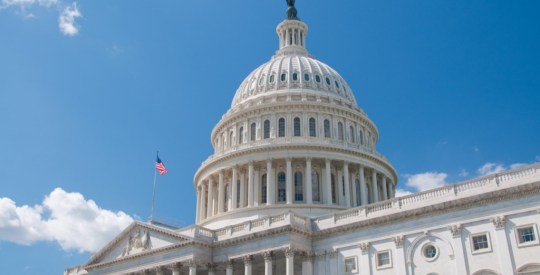Economic analysts at both Goldman Sachs and Nomura are leaning toward successful tax reform legislation from the Republican Party.
At this point, all signs point to tax reform passing as “very likely,” they say. Nomura is an Asia-headquartered global investment bank that monitors United States economic and political landscapes closely.
As for tax reform, they say it’s not Democratic anchor dropping that may interfere with the process. Indeed it’s the slim margin of voting victory that could derail the process, according to an email sent out today.
“The 51-49 Senate vote, arguably the highest hurdle in the tax reform process, had only one Republican detractor, Senator Corker (R-TN). The next step in the process is a "conference committee" where members of the House and Senate will work on a compromise between their respective bills.”
Both bill do vary but each version will significantly impacts everyone reading this article in one way or another. For those of us who would seek tax reform to fail, your chances of success are fading with each passing day, it seems.
As of now, House Speaker Ryan is loading up on party members to push a unified package through the committee.
He already assigned nine House Republicans to the committee, with House Ways & Means Chairman Brady (R-TX) as the Conference Chair.
“We expect that the committee will largely be comprised of Republicans from the Senate Finance Committee, with Senate Finance Committee Chairman Hatch (R-UT) playing a large role,” Nomura analysts write.
“Democrats will also take part, but as the minority party they will have little chance to slow the tax reform process,” they concluded.
Analysts at Goldman Sachs said earlier this week, the tax reform is expected to pass by year's end.
"Some differences between the two versions still need to be ironed out," the Goldman experts said.
"We expect the final structure of the bill to reflect more of the Senate bill than the House bill, including a 20% corporate tax rate effective in 2019, the Senate’s more restrictive limit on net interest deductibility, and the Senate’s treatment of pass-through income," they added. "Both proposals now include a $10k cap on state and local property tax deductibility, rather than full repeal, eliminating the most important political difference between the bills before the conference negotiations start."





